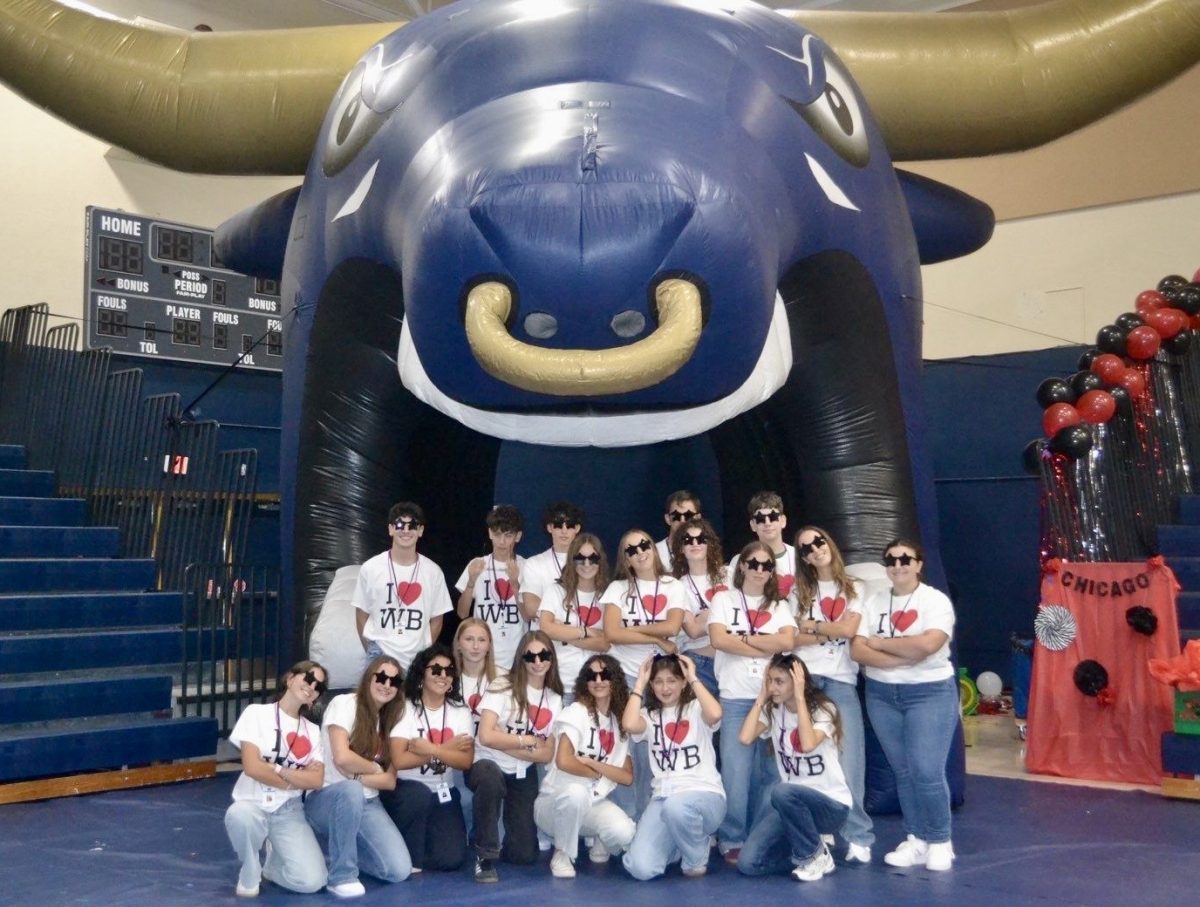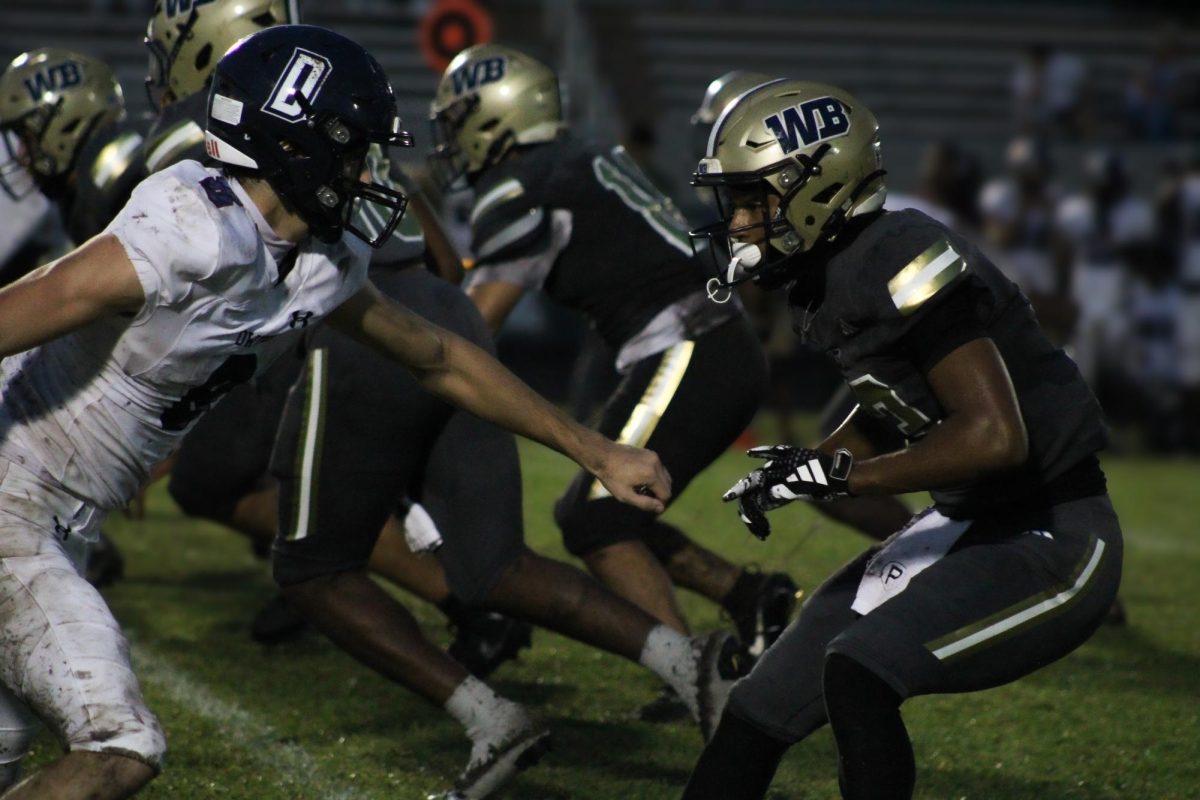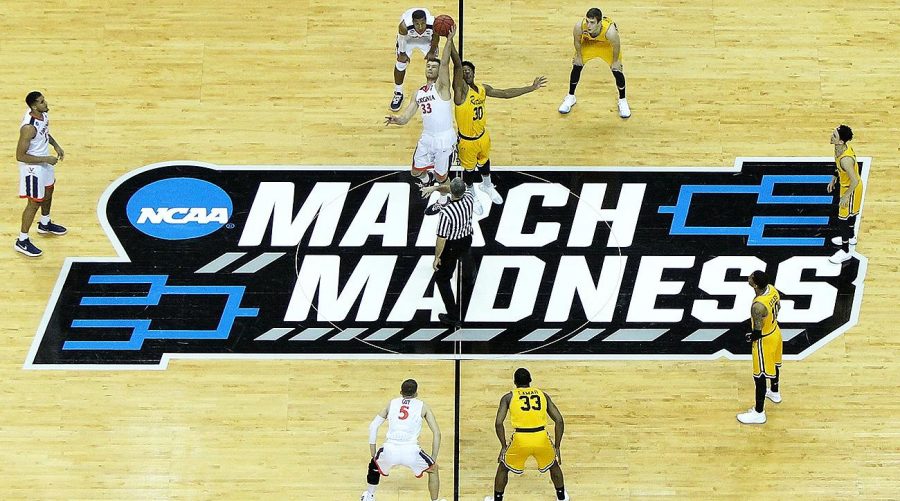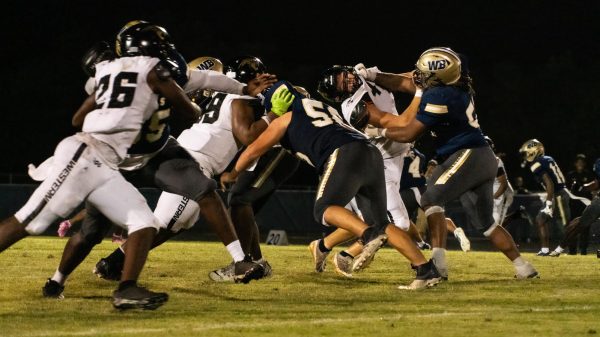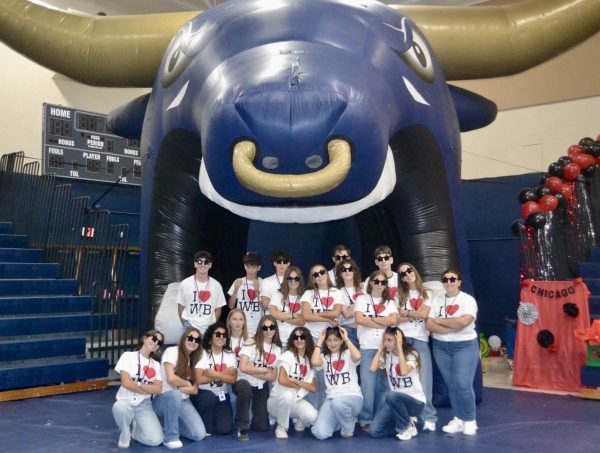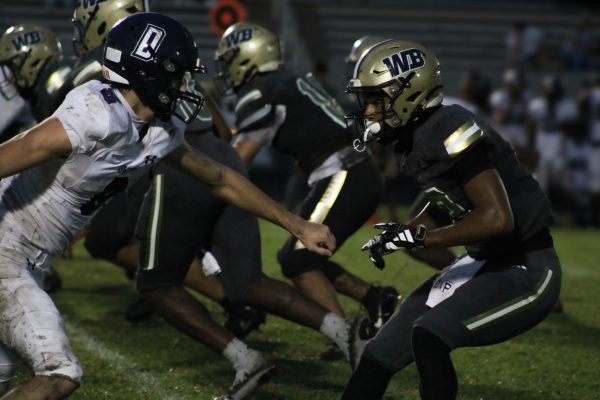The Case to Pay College Athletes
With only one path of going pro, hundreds of thousands of athletes go through college athletic programs to get better and grow their name. These athletes end up working countless hours on and off the field. The effort needed to keep up academically and athletically is admirable. Not only do they have to work extremely hard, but they also risk injury and have to deal with the spotlight involved with playing a sport. All considered college athletes deserve to be paid for their talents and effort.
To enter the NBA an athlete needs to spend a year in college and for the NFL a player needs to spend at least three years at a school. College athletes have no choice but to play in the NCAA and follow their rules. The NCAA does not pay athletes and bars them from making money in any way that is related a sport. This includes autograph signing and the sale of any memorabilia. Restricting these athletes only benefits the NCAA and allows them to bring in even more money. If the NCAA wasn’t a mandatory system for athletes to go through than these restrictions would be fine, but the fact that people are forced to work for an organization, that is profiting on their behalf, without pay is extremely unfair. As an organization that makes over a billion dollars in revenue every season and defers most costs off to the individual schools, the NCAA should absolutely allocate some of their funds towards athletes.
Furthermore, paying players would not impact the NCAA’s cost significantly. In total, there are approximately 12,650 students playing football at a division 1 level and the team plays about 13 games a season. If students made $1000 a game, it would cost the NCAA $164 million. NCAA Division I Men’s Basketball has about a third of the number of football players. Assuming each player made as much money as a football player this would cost the NCAA a little under $60 million. According to ESPN “The NCAA pulled in $761 million from the 2017 NCAA tournament.” That number raised to over $850 million in 2018. Combined the NCAA makes nearly 90% of their revenue from the football and basketball divisions. The pay should fluctuate from sport to sport depending on how valuable the sport is to the NCAA, as does pay in all business fields. Instead of pocketing the money, schools and the NCAA could pay the people who provide the school.
On the contrary, it could be argued that the free education that many players receive is enough of a payment. Though education is great, athletes don’t receive the education that other students do. Many athletes do not complete college and move on to another league, which acts as an abrupt end to their education. Also, athletes will usually take lower level classes and do just enough to pass. When athletics are made a number one priority, schools cannot argue that they are providing a good education for their athletes. Instead, they use their athletes to bring in millions of dollars to their school and give nothing back.
Every year the same schools appear atop of the rankings. Alabama and Clemson in Football. Duke and Kentucky in Basketball. The colleges sell merchandise, tickets to games, and receive many more applications than a school at their level deserves. Colleges achieve all of these things because of the players who work countless hours and days on behalf of the schools. Even a small payment will allow players to support themselves or help their families out if they need it. Many athletes come from underprivileged households and money would help greatly.
Your donation will support the student journalists of West Boca Raton Community High School. Your contribution will allow us to purchase equipment and cover our annual website hosting costs.

Hi my name is David Rudd. I am a senior and this is my 3rd year at West Boca’s Bullseye. At the end of last year, I was named the paper’s editor. I...













